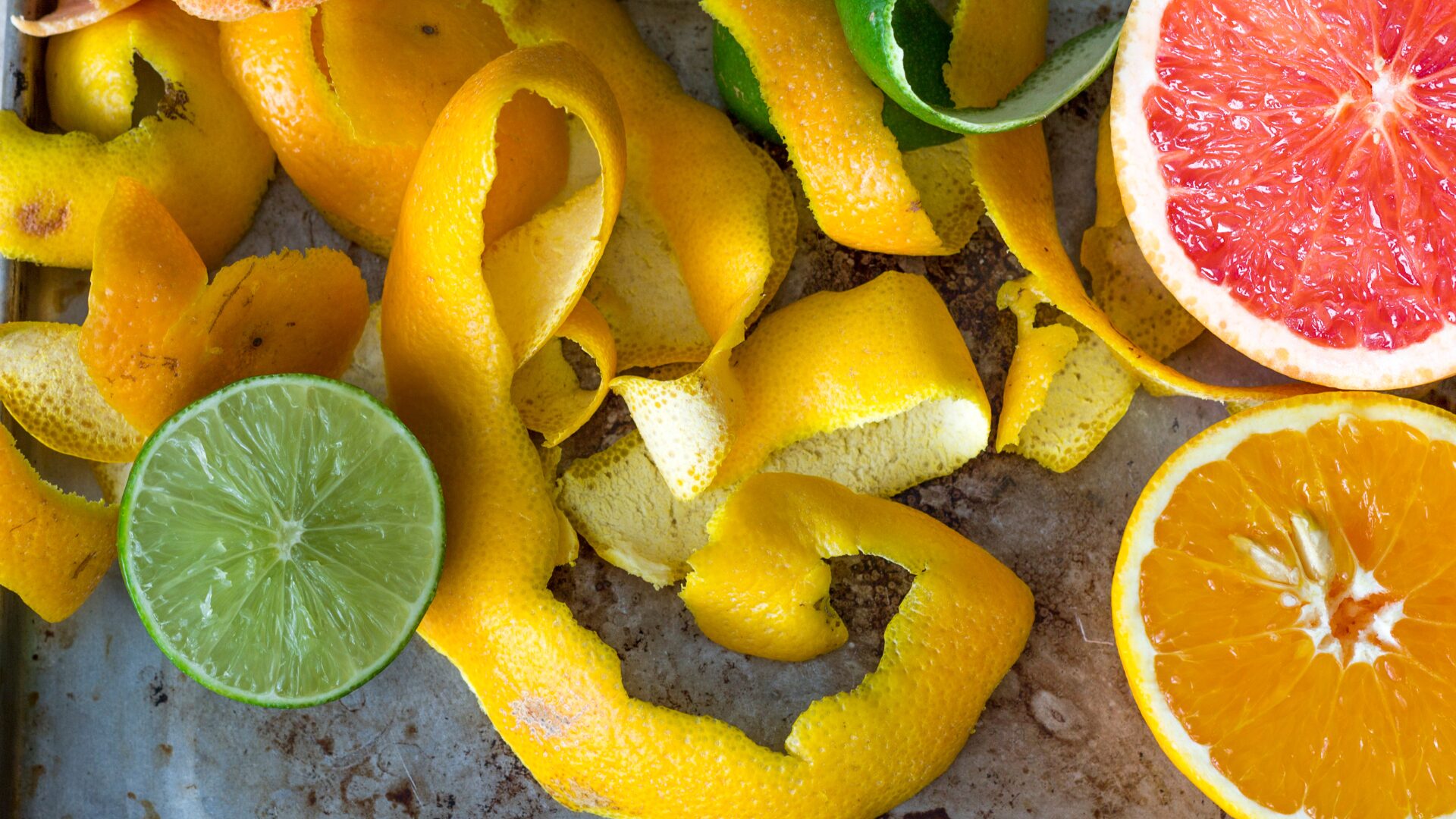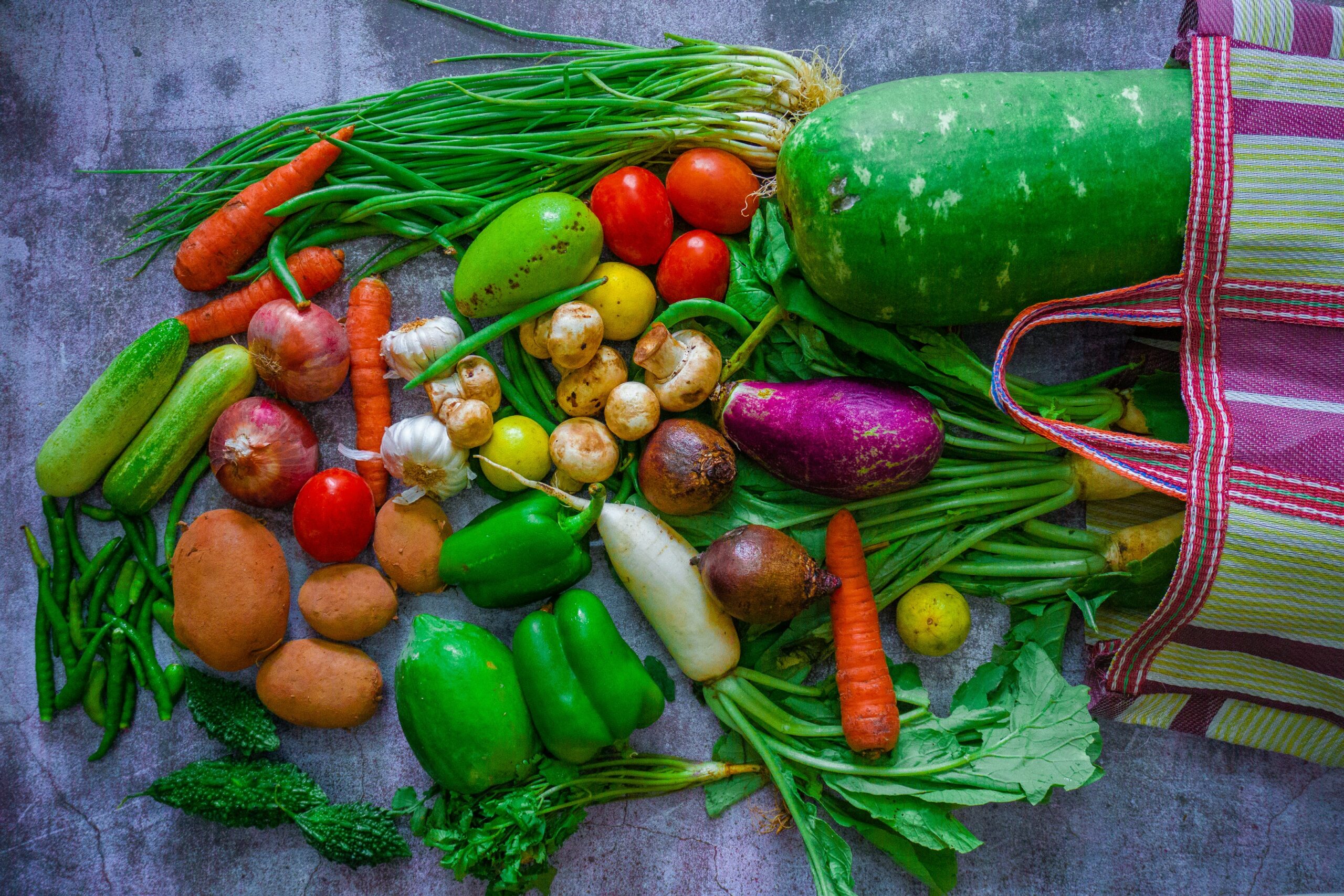The upcycled food trend continues to gain momentum.
One such innovative product nearing release is being manufactured by EggTech Ltd. EggTech processes eggshell waste-stream materials to create an upcycled form of calcium for use in food, drinks, dietary supplements, and natural health products.
“There’s a ton of waste out there that has a lot of nutritional value,” Mark Toman, EggTech’s president (pictured above), told The Food Institute. “The question becomes: How quickly can we innovate and utilize that in a productive way? … Which is really what upcycling is.”
EggTech’s method for making its E-Cal product involves using eggshell byproducts, which first go through a mechanical agitation phase, separating organic membrane from inorganic shell materials before continuing on to two separate proprietary digestion phases.
The material is then water-rinsed and dried, resulting in separated and purified calcium carbonate flakes, which then go through a milling phase to manufacture an optimally sized powder grade of finished goods calcium.
Toman said his company spent years developing the process.
“EggTech’s calcium material,” Toman added, “has been shown to be conducive for absorption and uptake in the GI tract, which emphasizes its relevance for nutritional purposes.”
The company is actively engaged in final site selection for the purposes of launching its initial commercial production facility, currently slated to be in the state of Ohio.
Additionally, EggTech has worked with manufacturers and end-user companies in the U.S., Canada, and Europe. Supply relationships have been established with some of North America’s largest liquid-egg processors, Toman said.
EggTech’s E-Cal product is viewed as a nuanced, sustainable, and eco-friendly alternative to the traditional forms of mined calcium.
“It really boils down to this,” Toman said in a recent video chat. “We’re taking a burdensome byproduct from substantially sized manufacturing operations that provide a nutritional egg to the masses, diverting it from landfills, and producing a superior form of calcium to what currently is being used in the target marketplaces.
“We’re excited to be bringing this circular solution to the table,” he added, “and ultimately changing the landscape of the poultry and egg industry.”
Additional reporting provided by The Food Institute’s Kelly Beaton.












